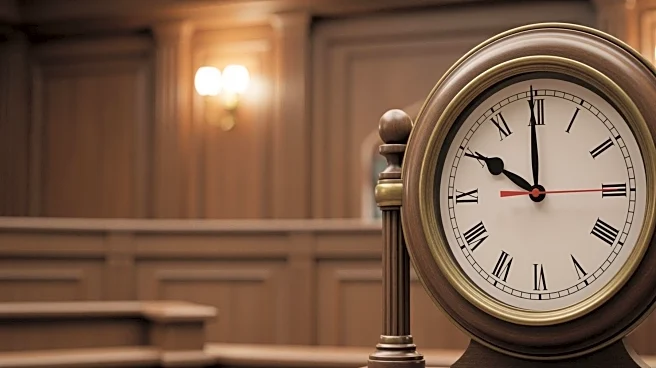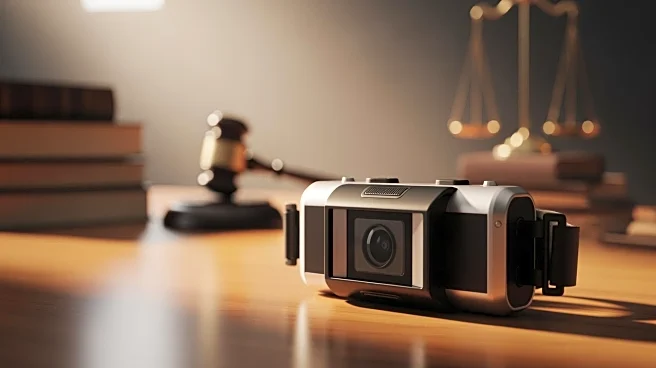What's Happening?
Senator Marsha Blackburn has formally requested Attorney General Pam Bondi to unseal grand jury materials related to the FBI's Arctic Frost investigation. This probe involved the collection of phone records from several Republican lawmakers, including
Blackburn herself. The request aims to reveal the reasoning behind Special Counsel Jack Smith's decision to subpoena these records. The subpoenas, which were kept secret under a non-disclosure order signed by DC US District Chief Judge James Boasberg, included detailed call logs and payment information of the lawmakers. The non-disclosure order expired in May 2024, but the details were only revealed after FBI whistleblowers informed Senate Judiciary Committee Chairman Chuck Grassley.
Why It's Important?
The request by Senator Blackburn highlights concerns over the transparency and accountability of investigations involving political figures. The Arctic Frost probe, described by some as a 'weaponized' investigation, has raised questions about the potential misuse of judicial power and the targeting of political opponents. The release of these materials could impact public trust in the judicial system and the Department of Justice, especially if it reveals any partisan bias or procedural irregularities. Furthermore, it underscores the ongoing tension between the executive branch and the judiciary, particularly in cases involving high-profile political figures.
What's Next?
If Attorney General Bondi agrees to unseal the grand jury materials, it could lead to increased scrutiny of the Arctic Frost investigation and its implications for political accountability. Congressional Republicans may use the information to challenge the legitimacy of the investigation and advocate for reforms in how such probes are conducted. Additionally, the release could influence ongoing discussions about judicial oversight and the balance of power between different branches of government.
Beyond the Headlines
The situation raises broader ethical questions about the use of surveillance and data collection in political investigations. It also highlights the potential for judicial orders to be used as tools for political maneuvering, which could have long-term implications for the integrity of the legal system. The case may prompt discussions on the need for clearer guidelines and checks on judicial power, especially in politically sensitive cases.














